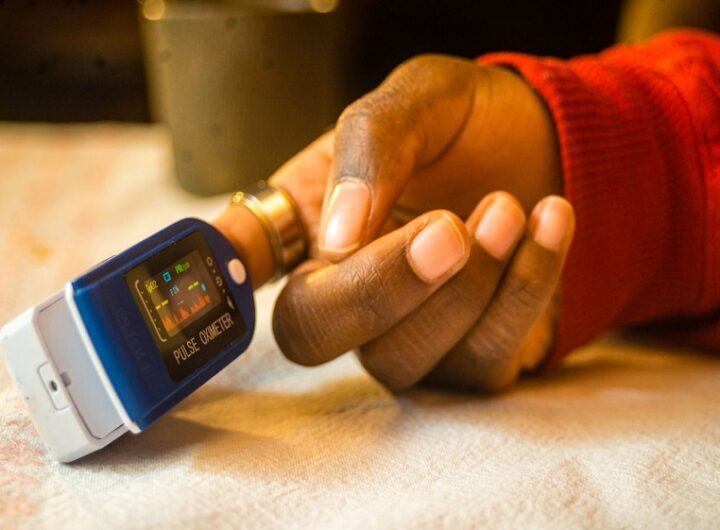
Undergoing a birth control procedure, such as a vasectomy, is a huge decision, especially for men and their significant others. When it comes to vasectomy, one in seven men prefer this procedure for several reasons. One of the reasons is that vasectomy Boise is a straightforward procedure that urologists can carry out in their offices within 20 or 30 minutes.
What a Vasectomy Is
It is a surgical process that helps to stop sperm from leaving a man’s body. This, in turn, provides permanent contraception or birth control solutions.
Usually, this procedure closes off the van deferens ends. Vas deferens are two tubes that carry sperms. The surgical process is generally effective and safe to prevent pregnancy.
Why the Procedure is Done
Apart from effectiveness and safety, there are more reasons more men consider the surgical process. These reasons include the following:
- It is an outpatient surgical procedure with low side effects or complications risks.
- You don’t have to wear a condom before sex.
- The surgical process is almost 100% effective in preventing pregnancy.
- The procedure’s cost is less than the tubal ligation’s cost.
Is It Painful?
Many procedures require a urologist to use local anesthesia to numb the area of interest. This process is relatively painless and doesn’t have the risks of anesthesia.
The only pain patients feel during the surgical process is from the numbing shot administration. Generally, many men rate the surgery 2 out of 10 on a pain scale.
Risks
As mentioned, the procedure is a low-risk surgical process. Men don’t just experience bruising. They also experience pain or swelling in their scrotum, which resolves in a few days. However, the procedure doesn’t increase the risks of getting testicular disease or prostate cancer.
Before the Procedure
Are you taking blood thinners? If yes, your doctor will tell you to avoid taking them for seven days before the surgical procedure. Why? This is because blood thinners can increase the bleeding risks. Here are examples of blood thinners:
- Oral anticoagulants
- Warfarin
- Aspirin or any other NSAIDS, like naproxen or ibuprofen.
- Ticlopidine
- Clopidogrel
During the Procedure
Typically, the surgical process takes about 20-30 minutes. During the process, you may experience some discomfort, but it is often mild. We can describe this discomfort as slight tugging or pressure.
After the Procedure
Do you feel some pain following the process? Don’t worry, as your doctor will prescribe you pain medications. These medications may include acetaminophen.
If you could, regularly talk to your healthcare provider’s team. This is because you will learn more details about taking good care of yourself from the team. The team will also help you change bandages. However, remember that the puncture holes heal themselves.
In conclusion, urologists perform this surgical procedure on sensitive body parts. So, be prepared to follow the procedure. One way to prepare is to have a bag of ice ready at home. Remember, if you have any complications, don’t hesitate to talk to the doctor right away.

 From Lab to Lifestyle: How the Science of Quality Assurance in Manufacturing Reliable Supplements Protects Consumers and Businesses
From Lab to Lifestyle: How the Science of Quality Assurance in Manufacturing Reliable Supplements Protects Consumers and Businesses  Top Myths About Pediatric Home Health Care Debunked
Top Myths About Pediatric Home Health Care Debunked  Immunity IV Drips – Your Frontline Defense Against Modern-Day Fatigue, Illness, and Burnout
Immunity IV Drips – Your Frontline Defense Against Modern-Day Fatigue, Illness, and Burnout  Low Blood Oxygen? These 5 Shocking Causes Might Be Putting You at Risk!
Low Blood Oxygen? These 5 Shocking Causes Might Be Putting You at Risk!  Cardiologists And The Approach To Pediatric Heart Conditions
Cardiologists And The Approach To Pediatric Heart Conditions  Lifestyle And Fertility: An Infertility Specialist’s Advice On What You Can Control
Lifestyle And Fertility: An Infertility Specialist’s Advice On What You Can Control  The Best Practices For Maintaining Healthy Gums In Willow brook
The Best Practices For Maintaining Healthy Gums In Willow brook